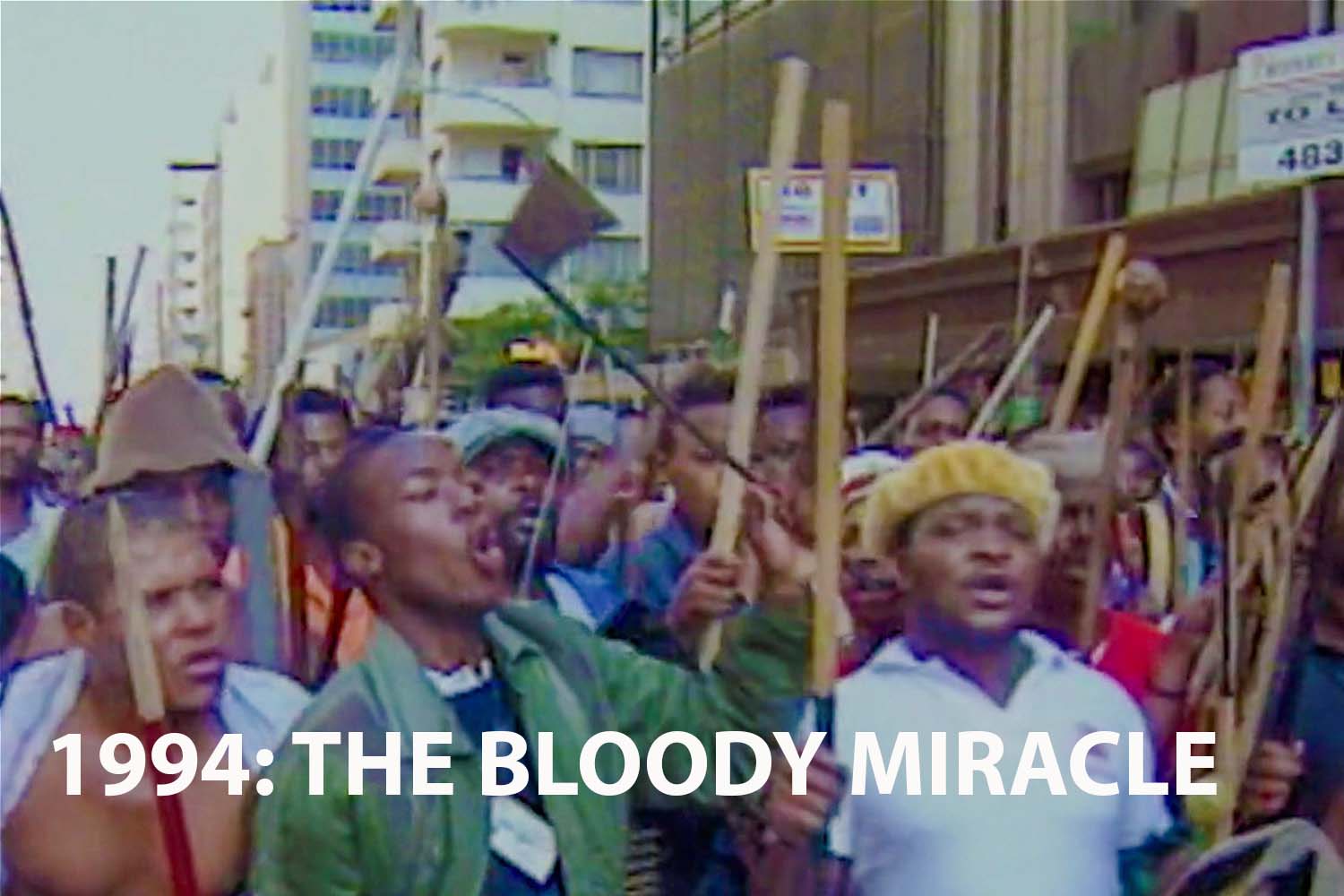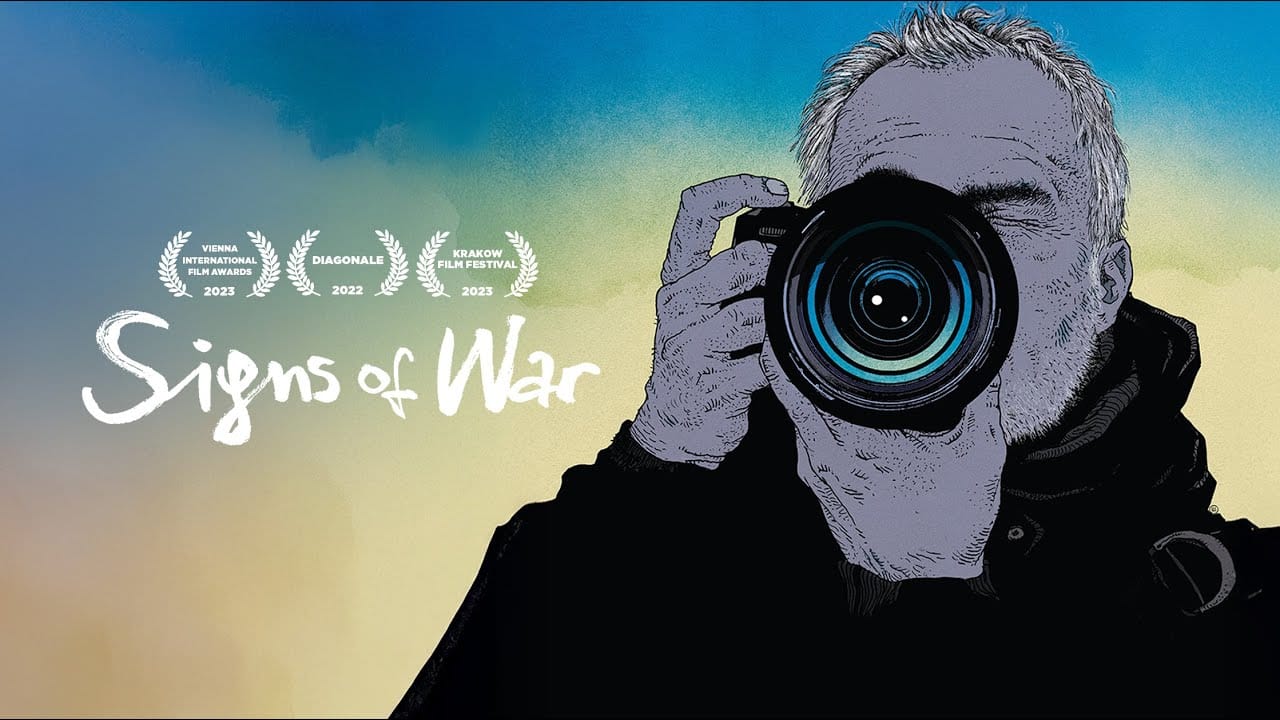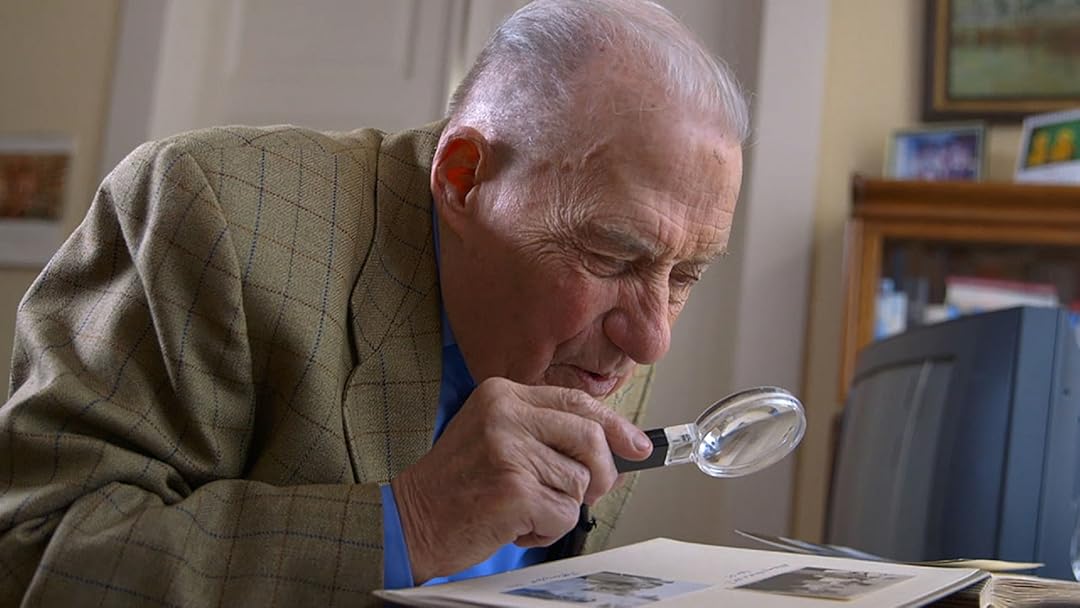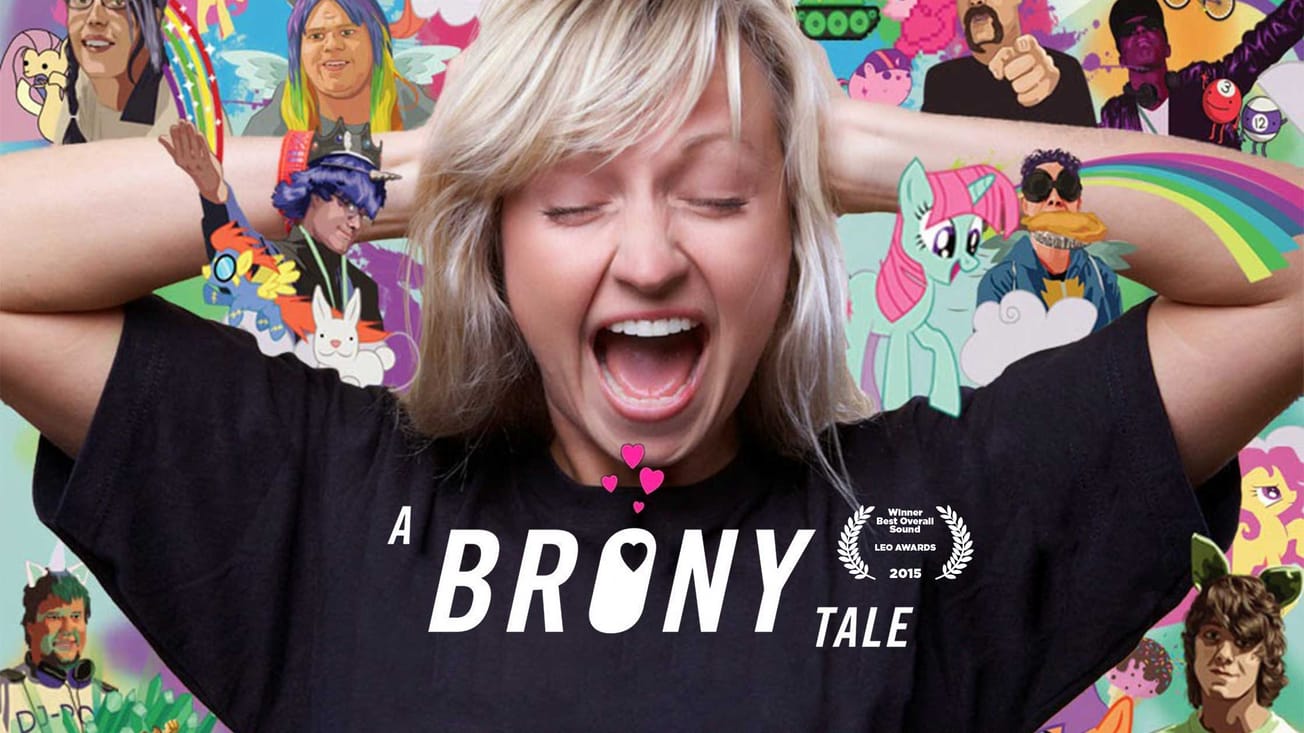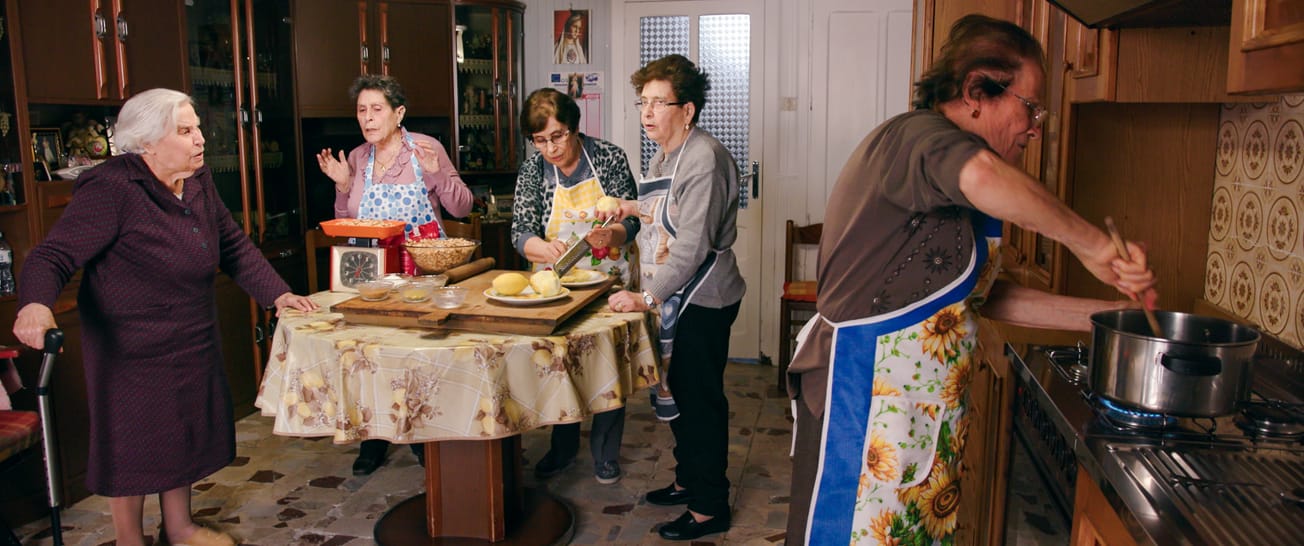Keywords: South Africa, Democracy, Mandela Miracle, Elections, Violence, Rainbow Nation, Obstruction, Peace. Three words: Historical, Eye-opening, Thought-provoking
Introduction
"1994: The Bloody Miracle" is a compelling documentary directed by Bert Haitsma and Meg Rickards, released in 2014. The film takes an in-depth look at the turbulent times leading up to South Africa's first free elections in 1994, a pivotal moment in the country's history often referred to as the 'Mandela Miracle'.
Synopsis
The documentary explores the chaos and violence that threatened to derail the 1994 elections, potentially plunging South Africa into civil war. It presents firsthand accounts from those responsible for the violence, revealing how they nearly obstructed democracy and whether they have made peace with the 'Rainbow Nation' they sought to undermine.
More Film Analysis
Analysis
The documentary employs a mix of archival footage and interviews, creating a vivid picture of the tumultuous times. The depth of research and exploration of the subject matter provides viewers with a nuanced understanding of the complex dynamics at play during this critical period in South Africa's history.
Historical and Factual Context
The documentary contextualises the political and social climate of South Africa in the early 1990s, a time when the apartheid regime was coming to an end, and Nelson Mandela's African National Congress was rising to power. The often violent transition to democracy is examined in depth.
Key themes in the film
- Struggle for democracy
- The power of peaceful resistance
- The aftermath of violence
- Reconciliation and forgiveness
Film Comparisons
"1994: The Bloody Miracle" offers a detailed, insider's view of the events leading up to South Africa's 1994 elections, similar to the approach seen in films like "The Square" and "Winter on Fire". However, it stands apart in its focus on the perpetrators of violence and their path to reconciliation.
Noteworthy Moments
The confessions from the people responsible for the violence provide a chilling insight into the lengths some were willing to go to prevent democracy from taking hold. Their subsequent reflections on their actions and the current state of the 'Rainbow Nation' make for powerful viewing.
Reviews
This documentary has been praised for its comprehensive and balanced portrayal of a critical event in South Africa's history. The film's exploration of the complexities of the transition to democracy and the human capacity for change has resonated with audiences worldwide.
Conclusion
"1994: The Bloody Miracle" is an essential watch for anyone interested in South Africa's history, the struggle for democracy, and the process of national reconciliation. It offers a unique perspective on a critical event in world history, and its lessons remain relevant today.
More film information:
FILM SUMMARY
- IMDB score: N/A
- Rotten Tomatoes score: N/A
- Metacritic score: N/A
- Film festival awards: 1 win
PERSONALITIES
- Bert Haitsma: Director
- Meg Rickards: Director
LOCATIONS
- South Africa: The documentary takes place in various locations across South Africa, with a focus on the events leading up to the 1994 elections.
Key Questions Raised by the Film:
- How did South Africa avert civil war in 1994?
- Who were the people working to obstruct the first free elections?
- How have those responsible for the violence reconciled with the 'Rainbow Nation'?
Links for Further Exploration:
- Nelson Mandela Foundation: The Mandela Miracle
- South African History Online: The road to democracy
I wonder what the film would be in another art form

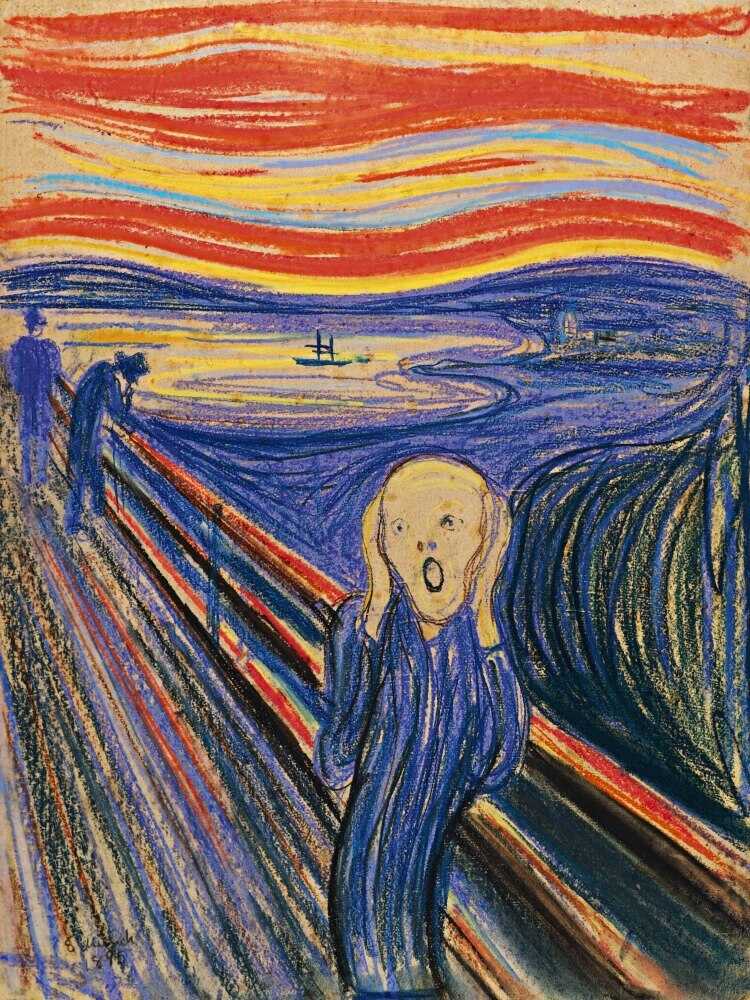
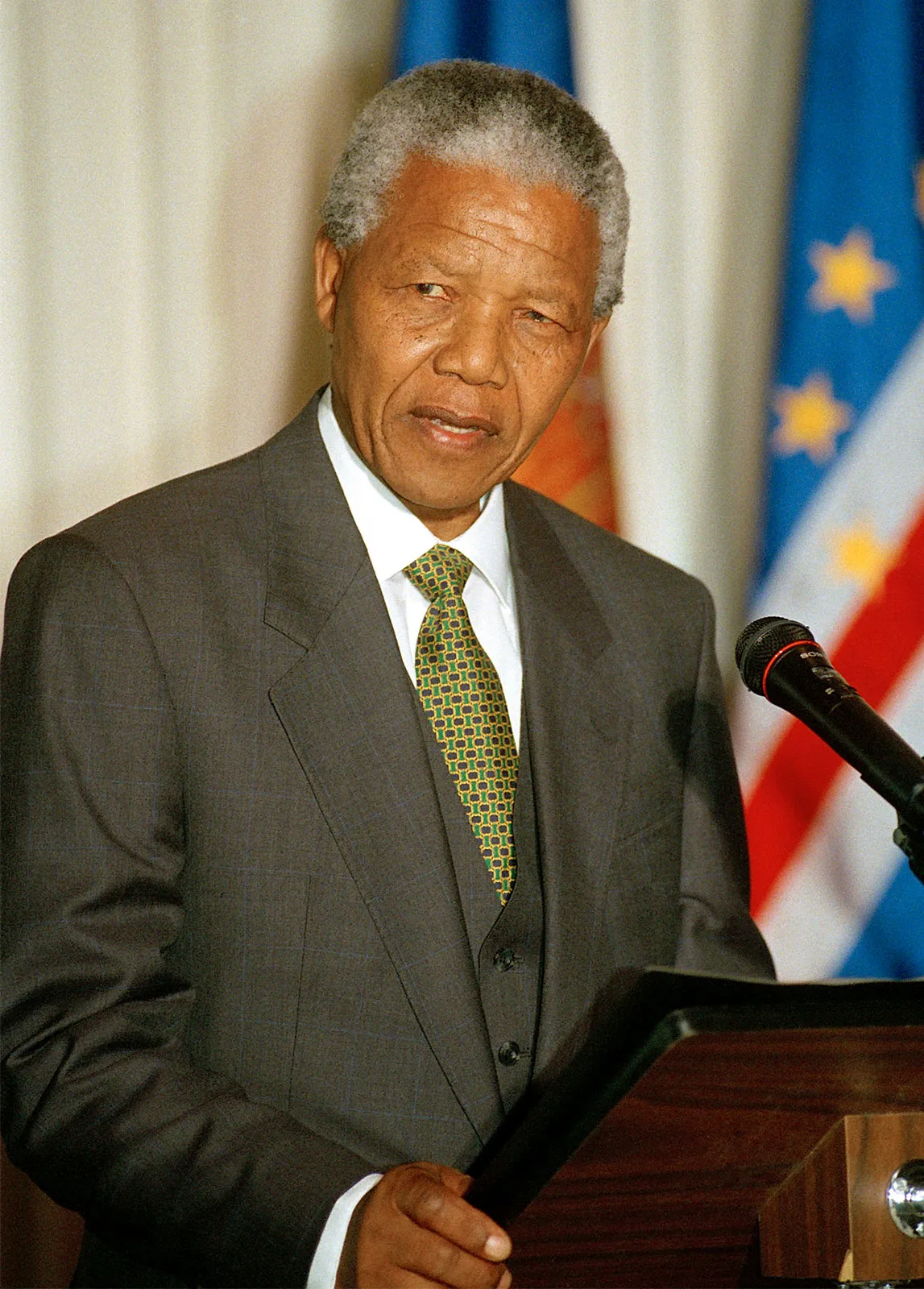
- If this film was a famous book, which one would it be? "Long Walk to Freedom" by Nelson Mandela - as it also explores the journey to democracy in South Africa.
- If this film was a famous song, which one would it be? "One" by U2 - because of its message of unity and reconciliation.
- If this film was a famous piece of art, which one would it be? "The Scream" by Edvard Munch - as it captures the intense emotions and tumult of the time.
- If this film was a famous celebrity, who would it be? Nelson Mandela - for his role in the 'Mandela Miracle'.
- If this film was a color, which one would it be? Rainbow - representing the 'Rainbow Nation' that emerged from the struggle.
- If this film was a music style, which one would it be? Protest Songs - as they often reflect struggle and a call for change.
